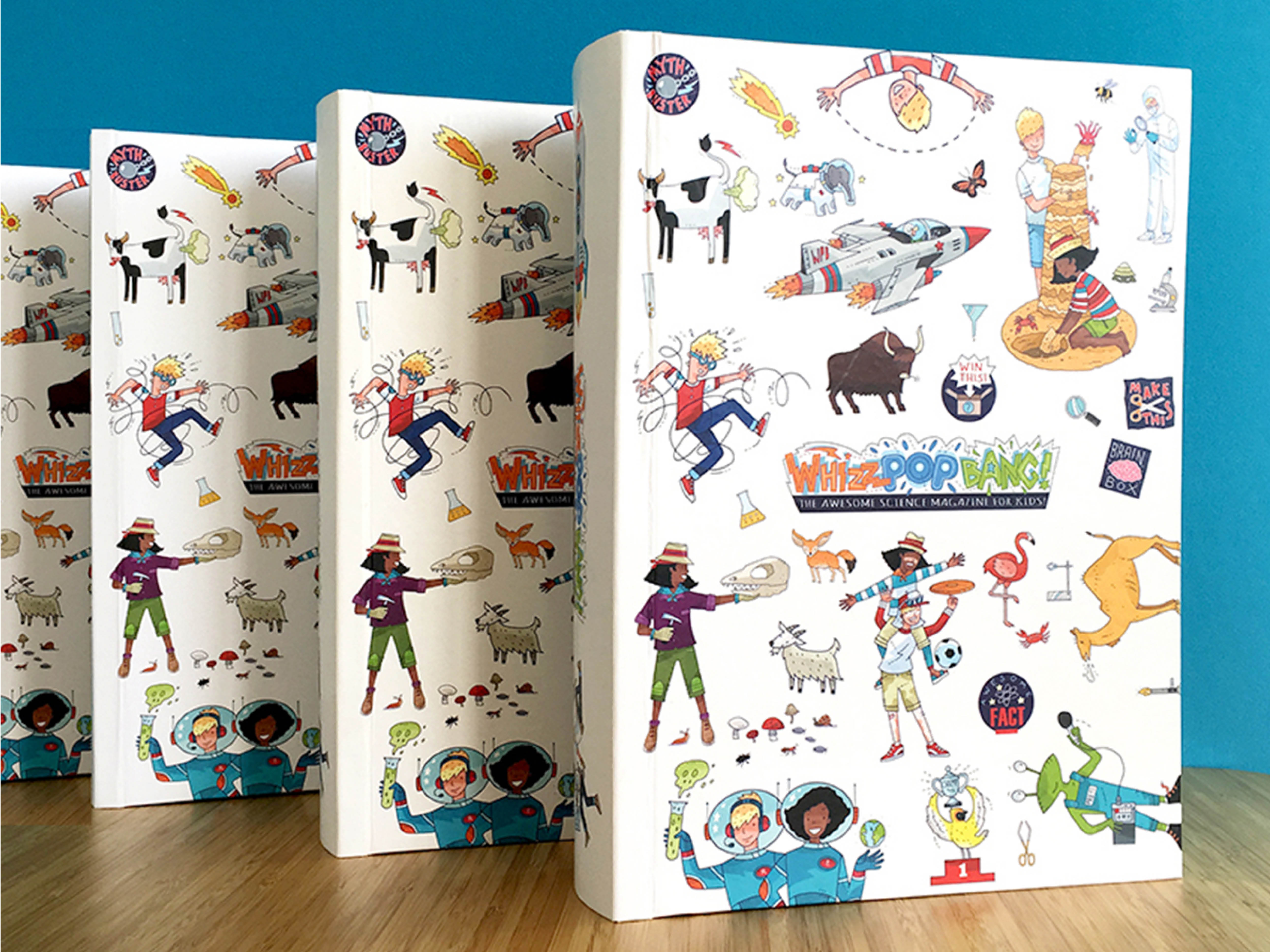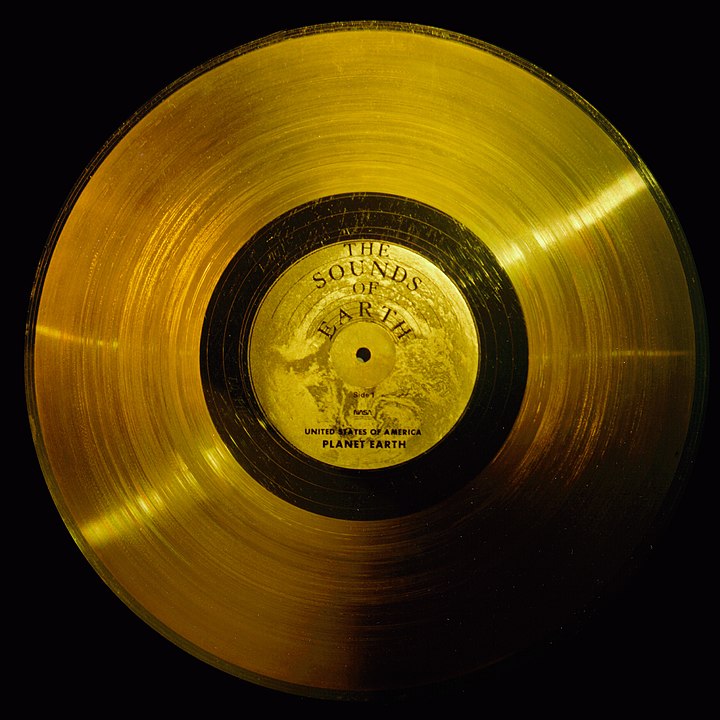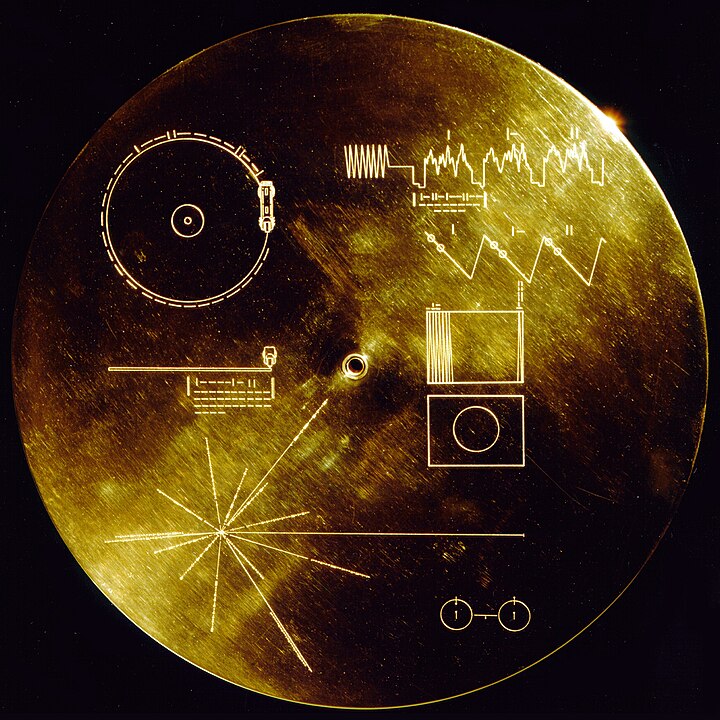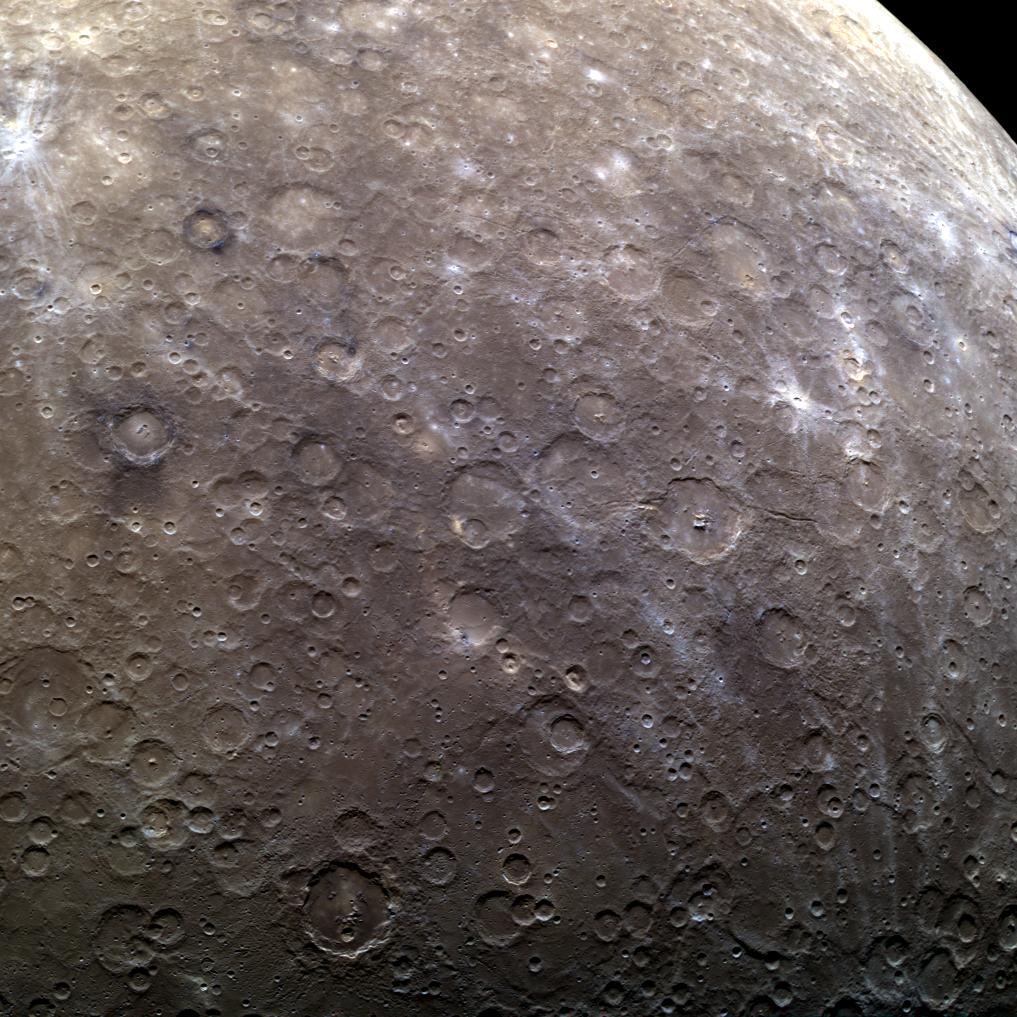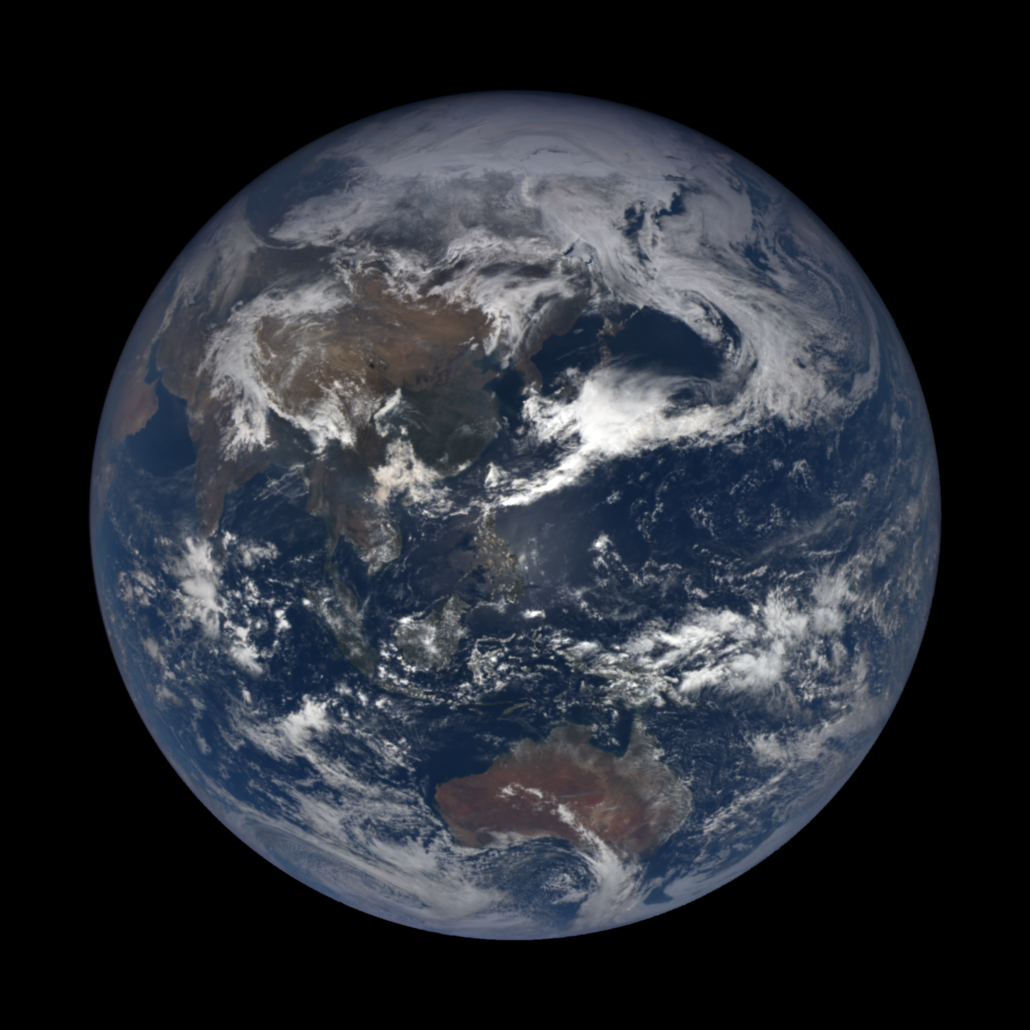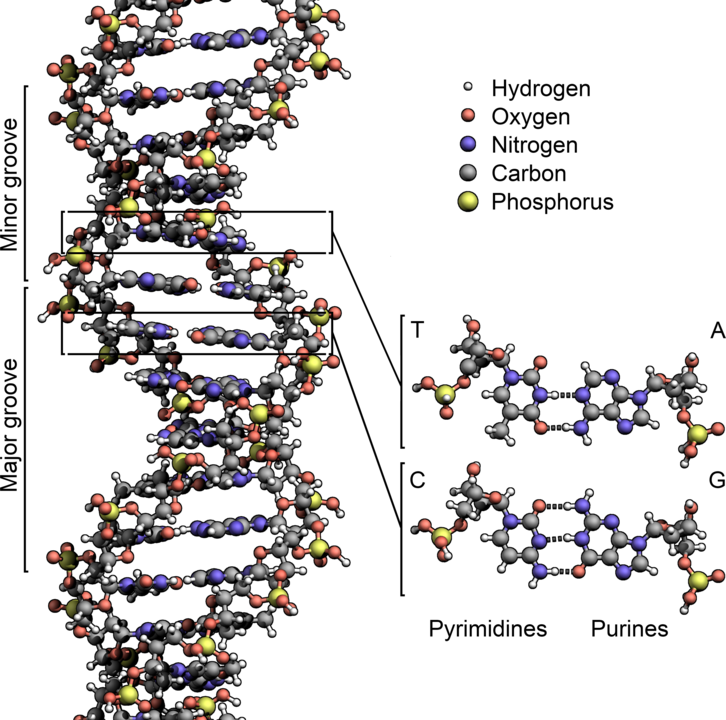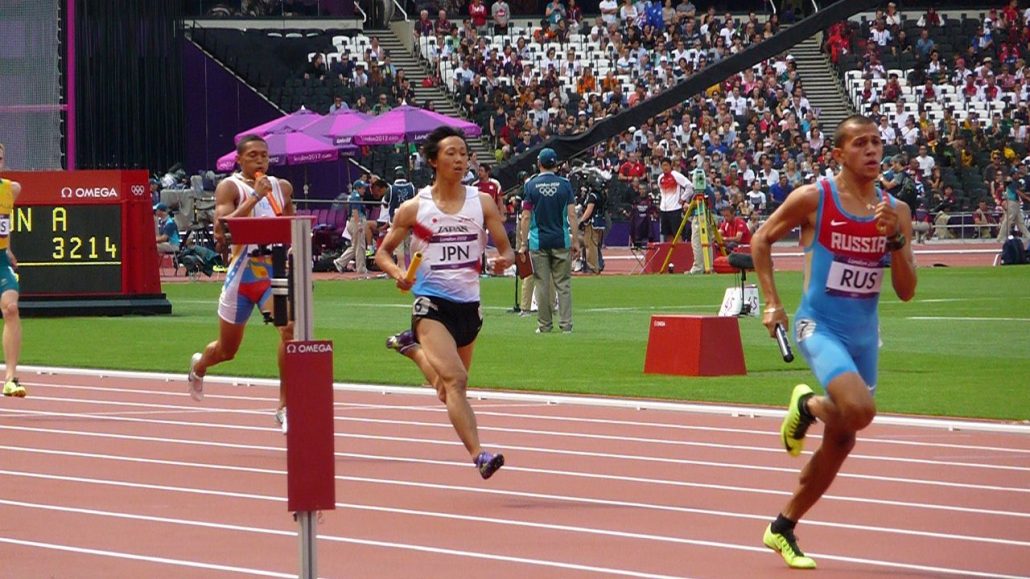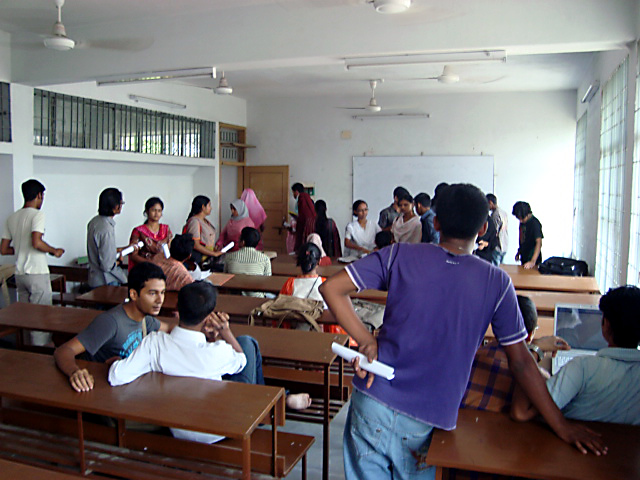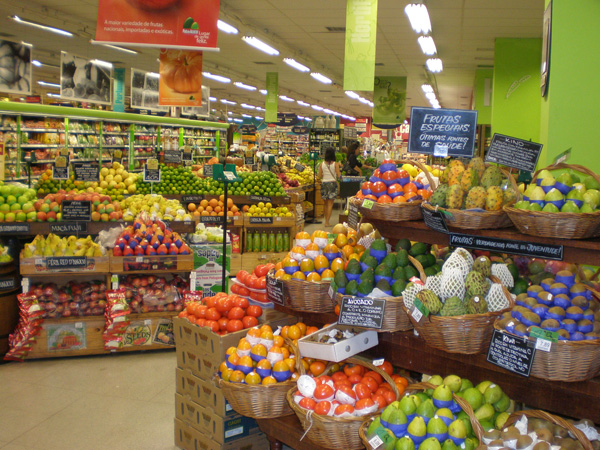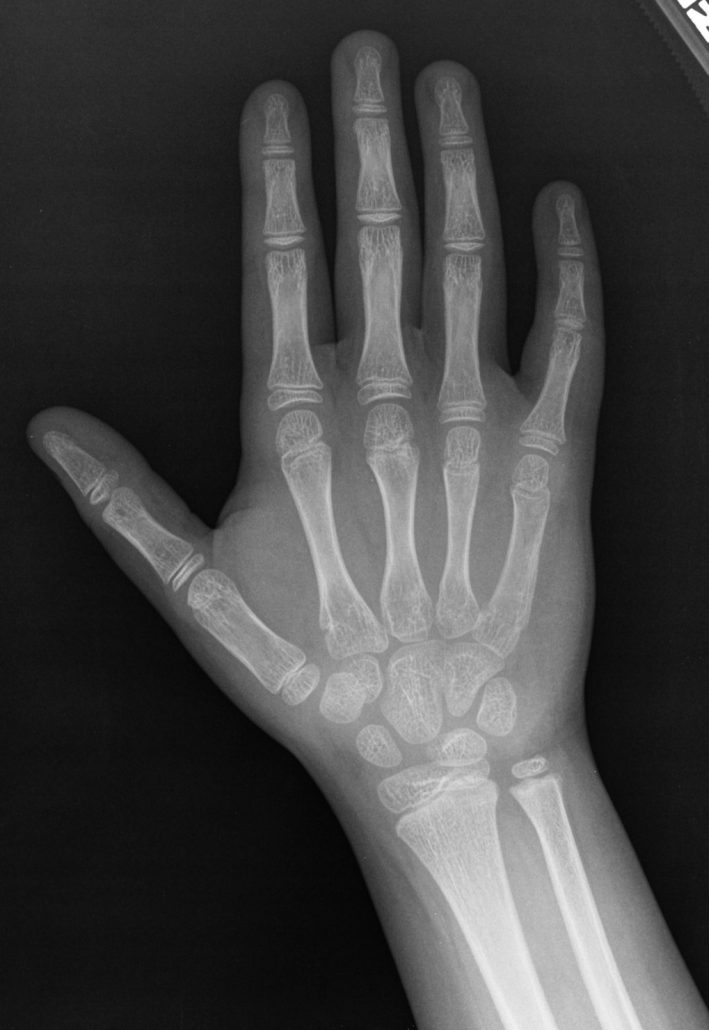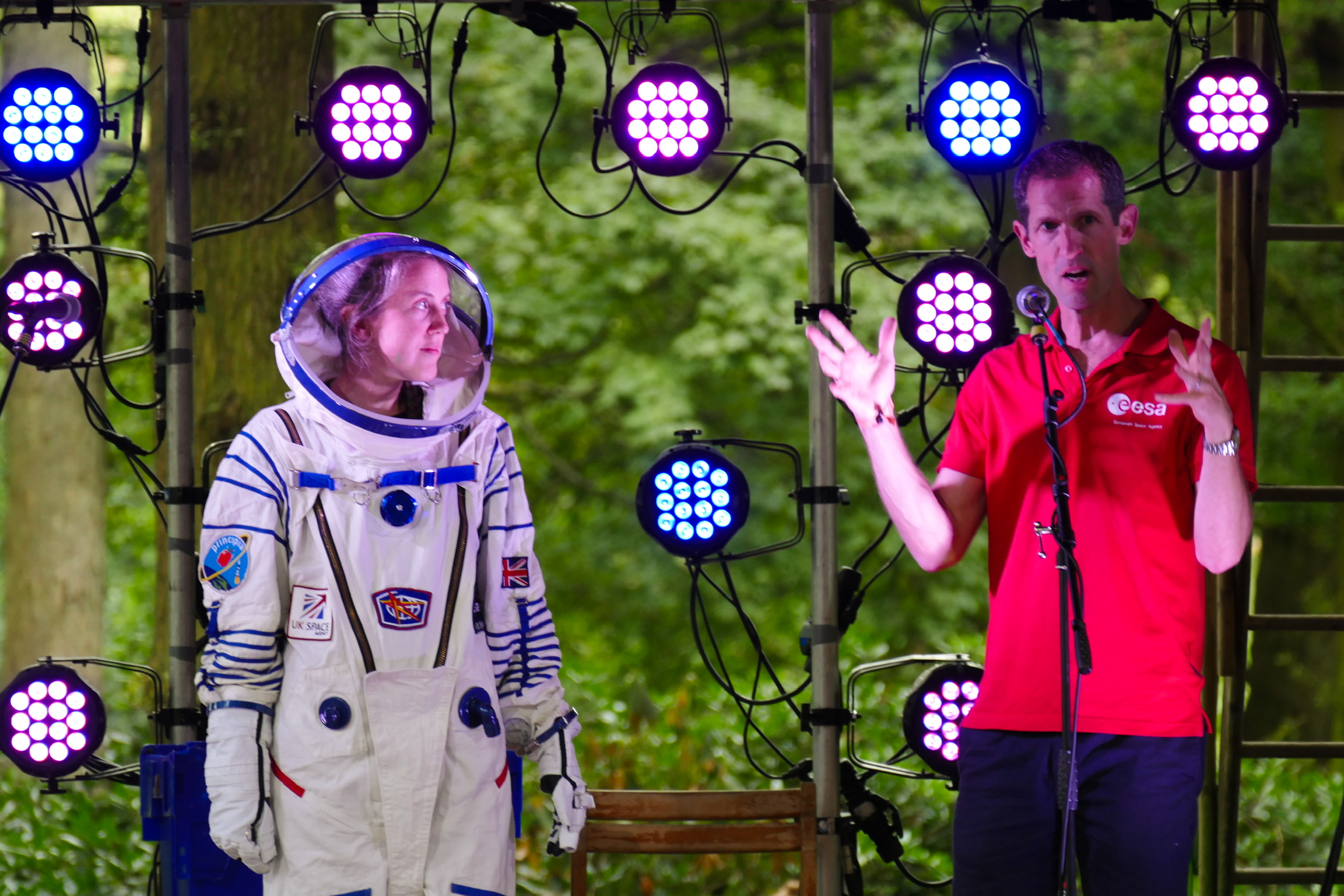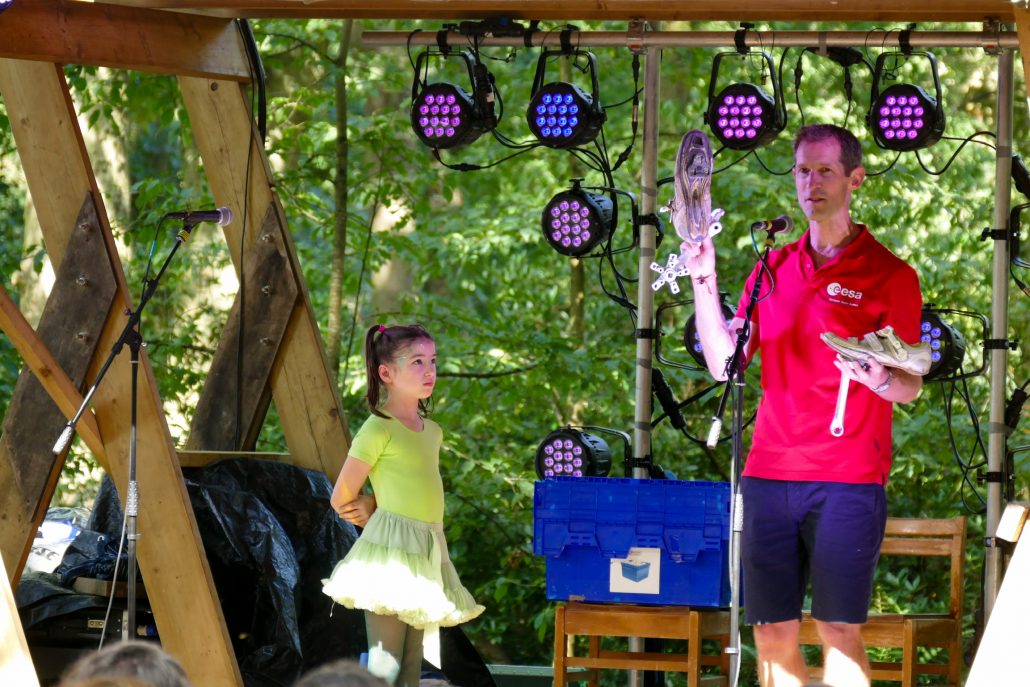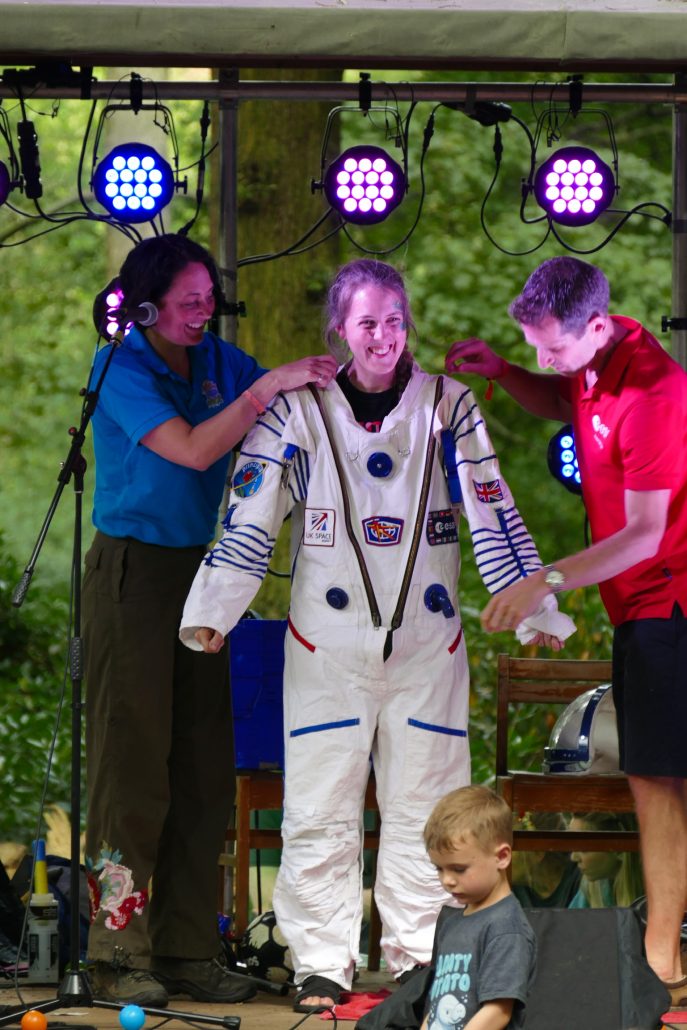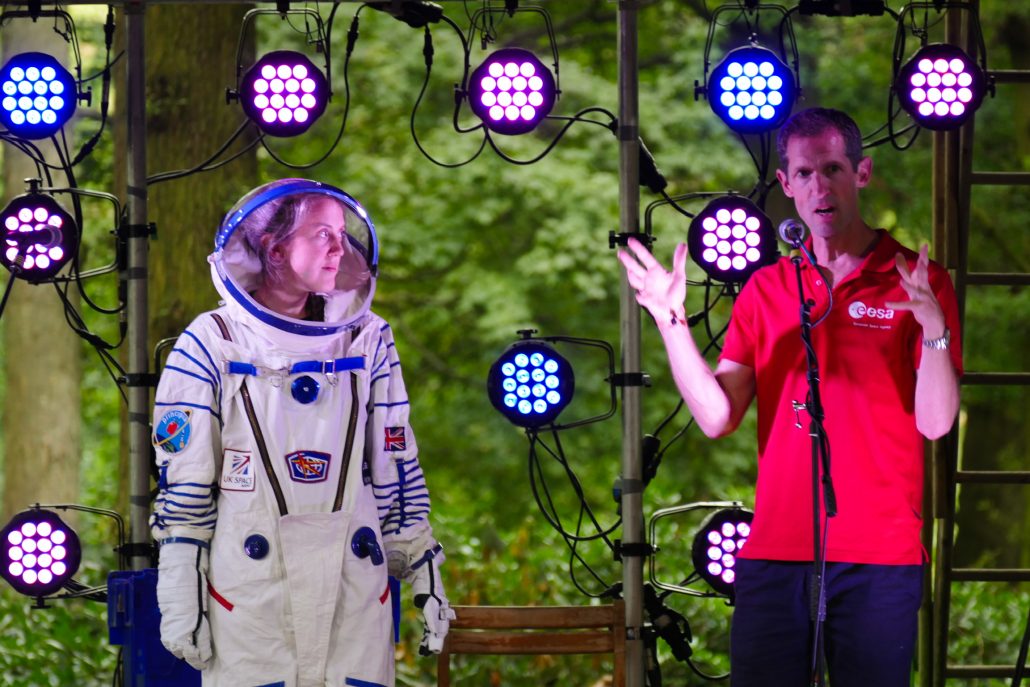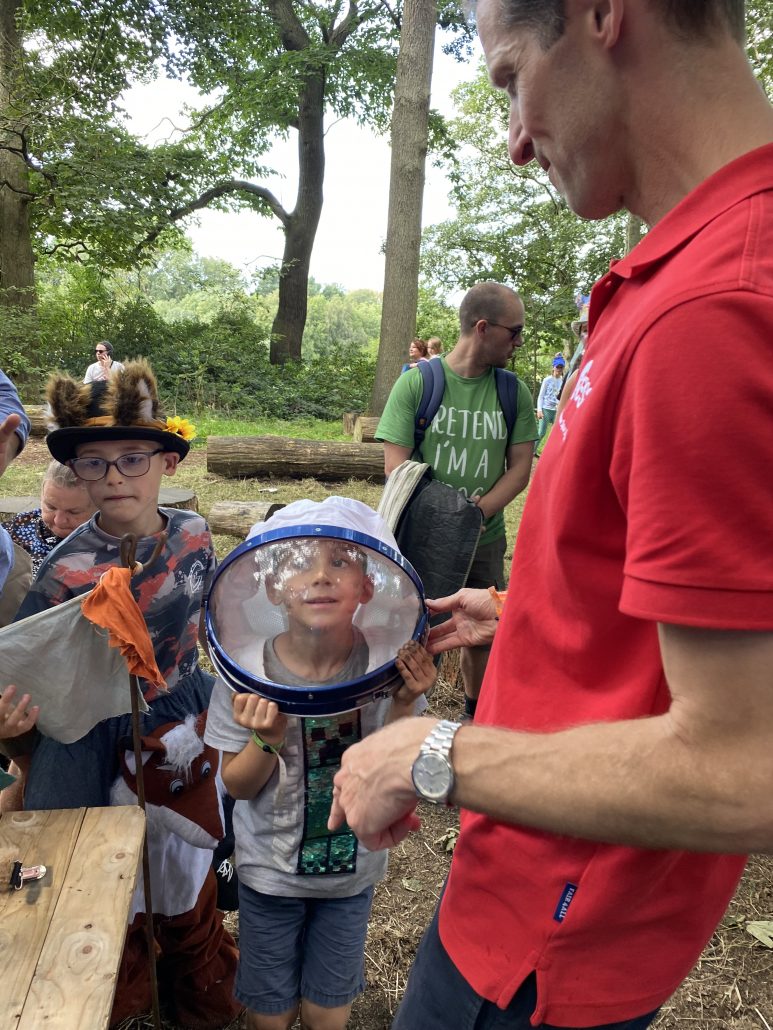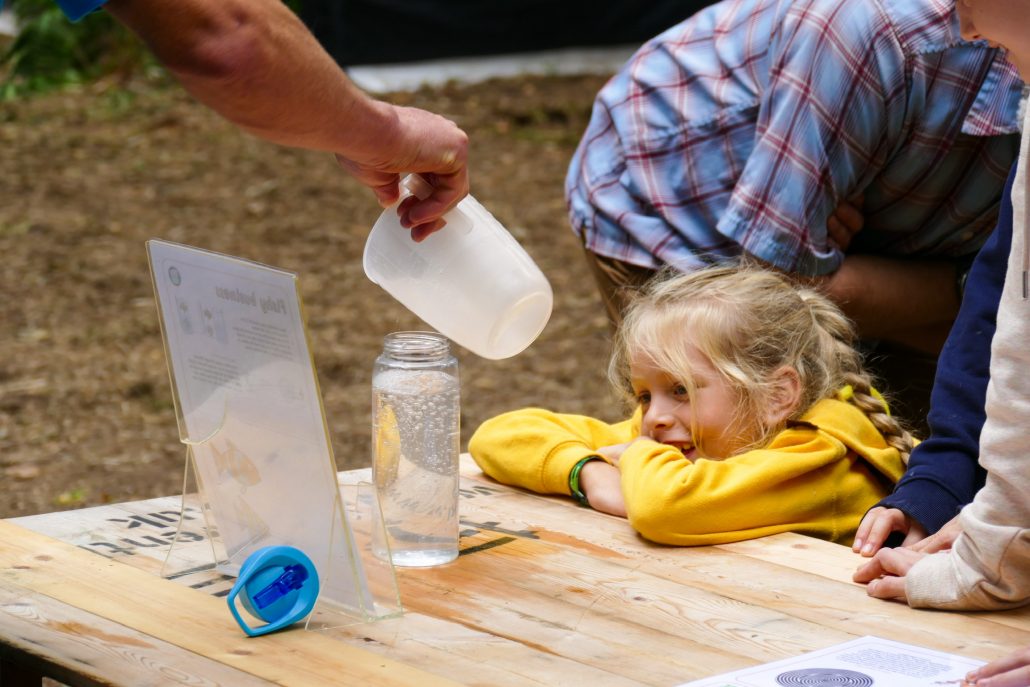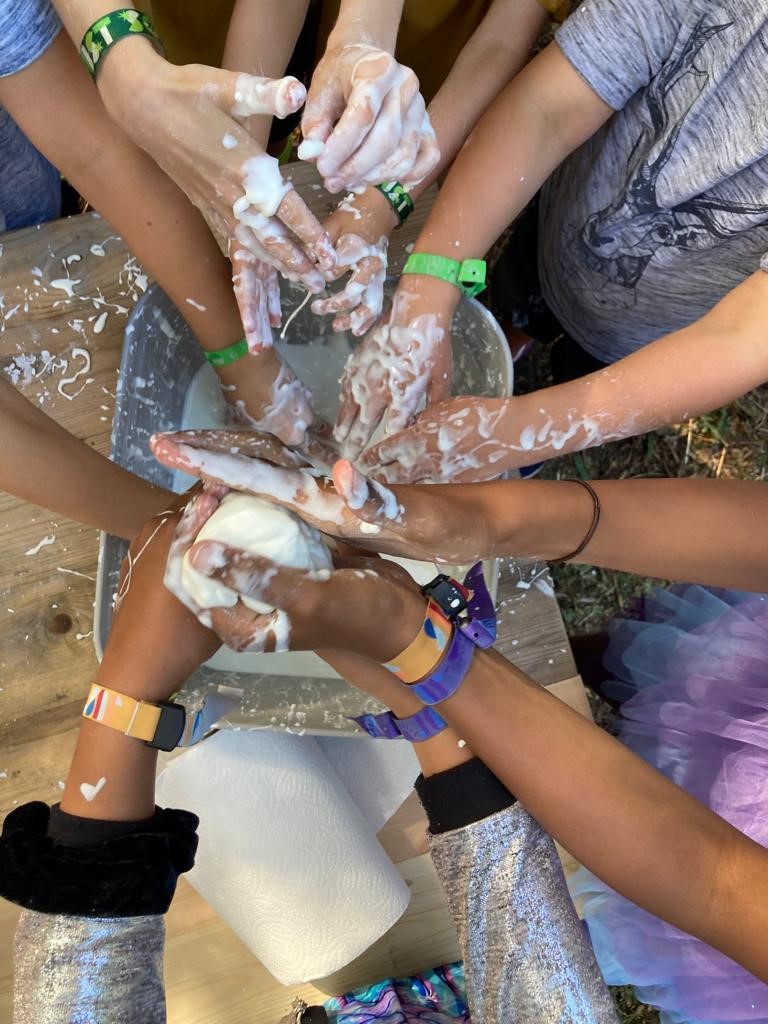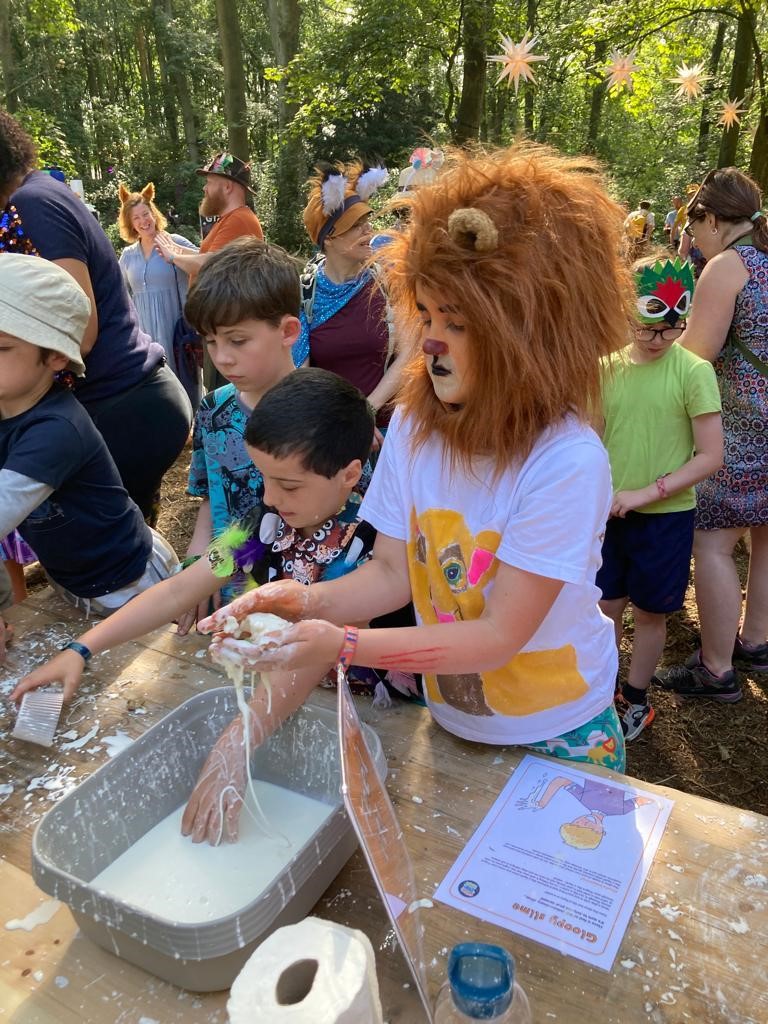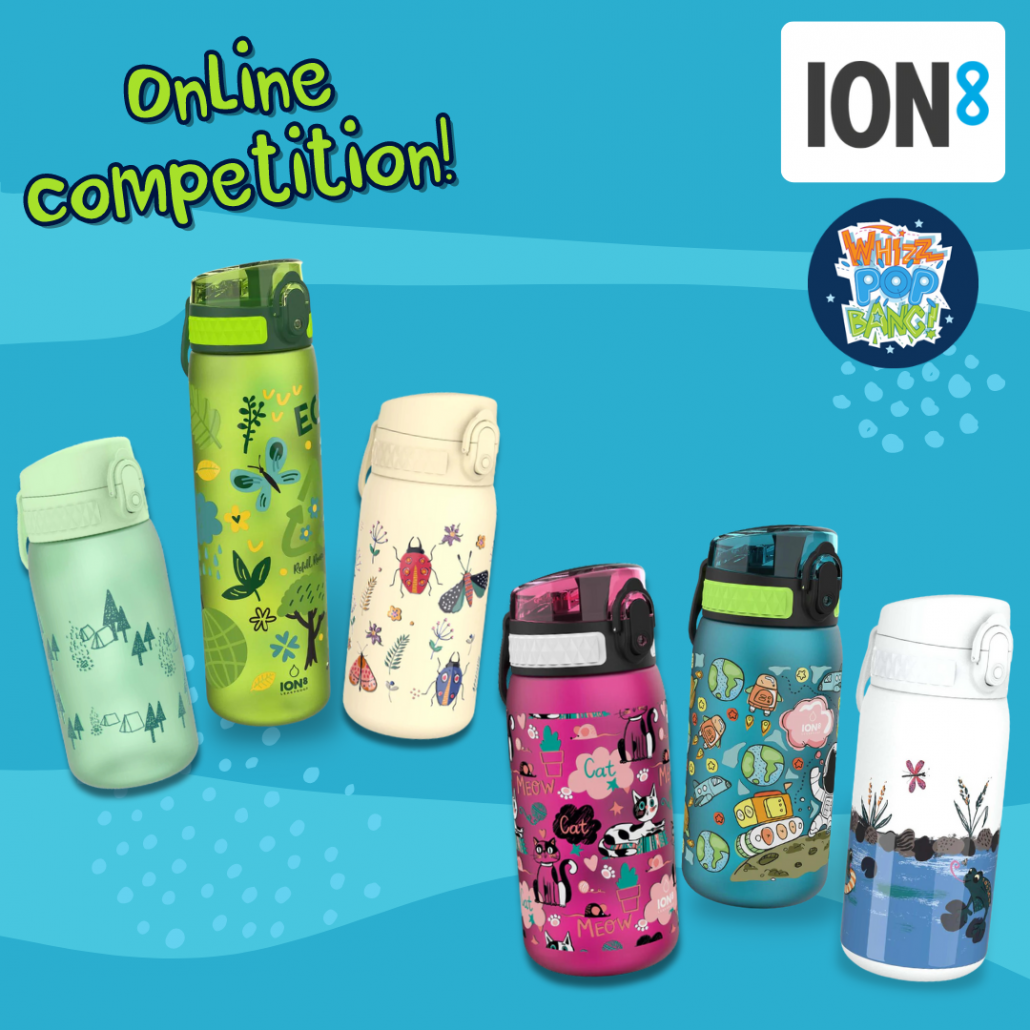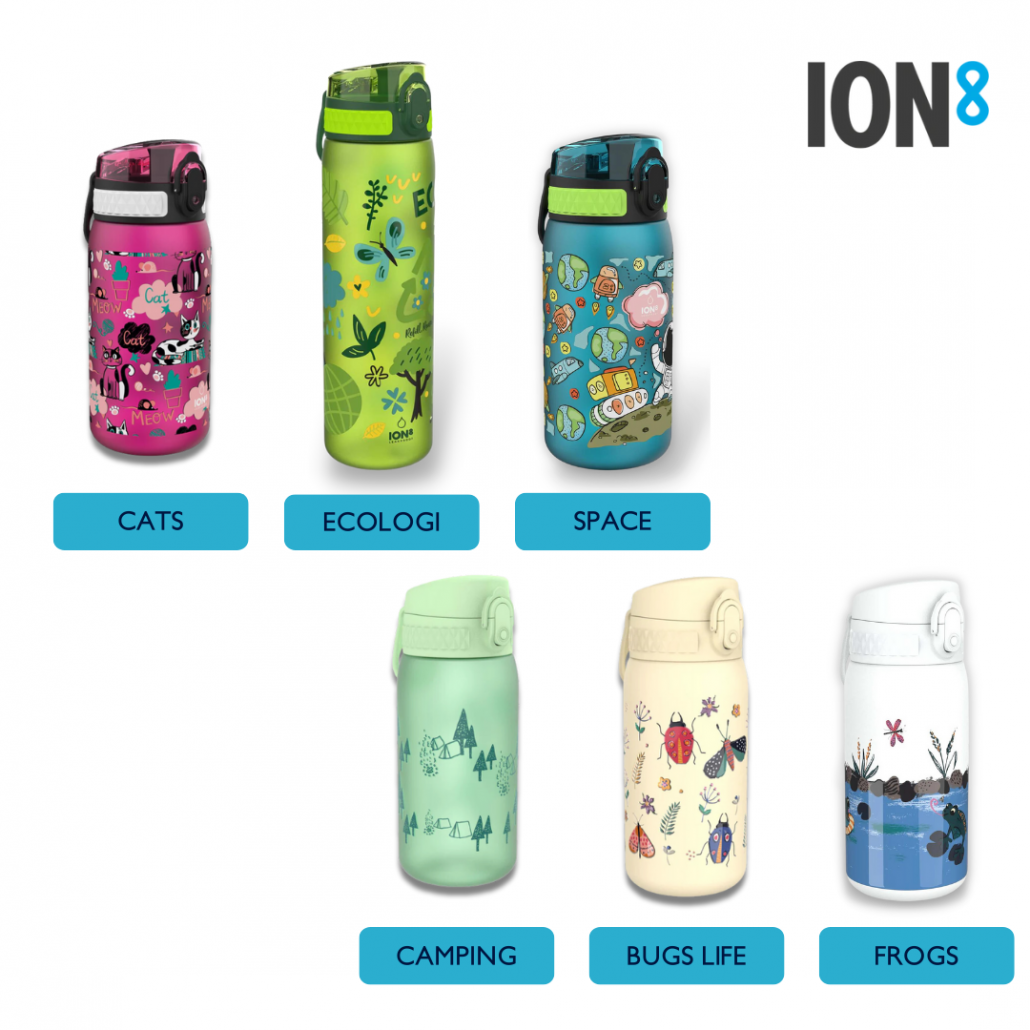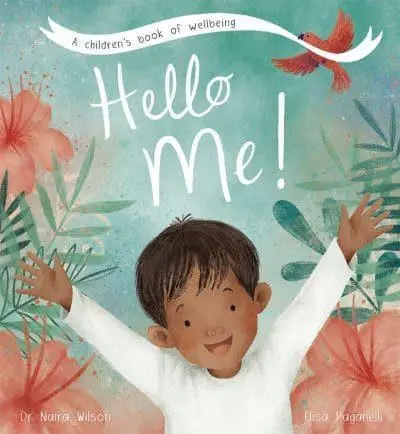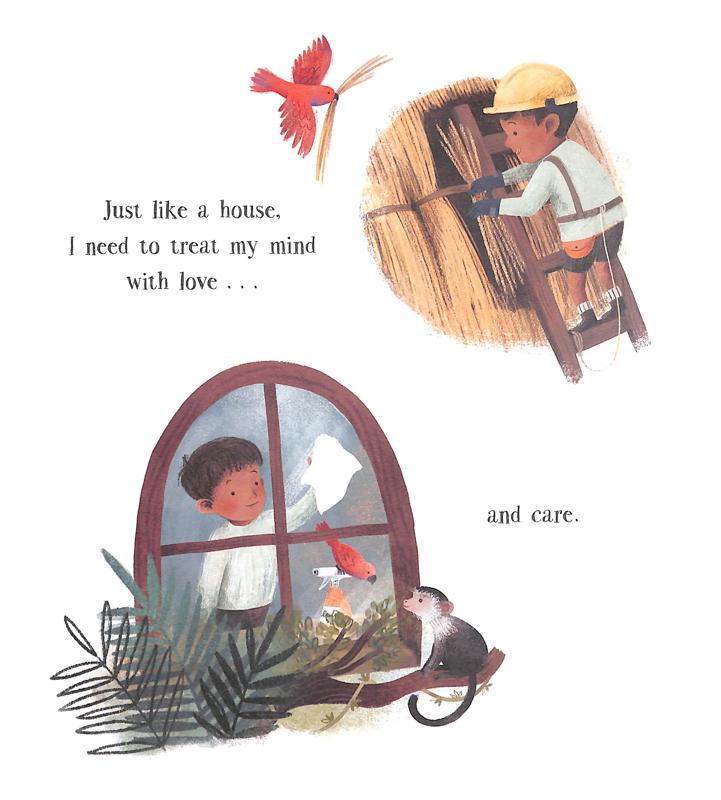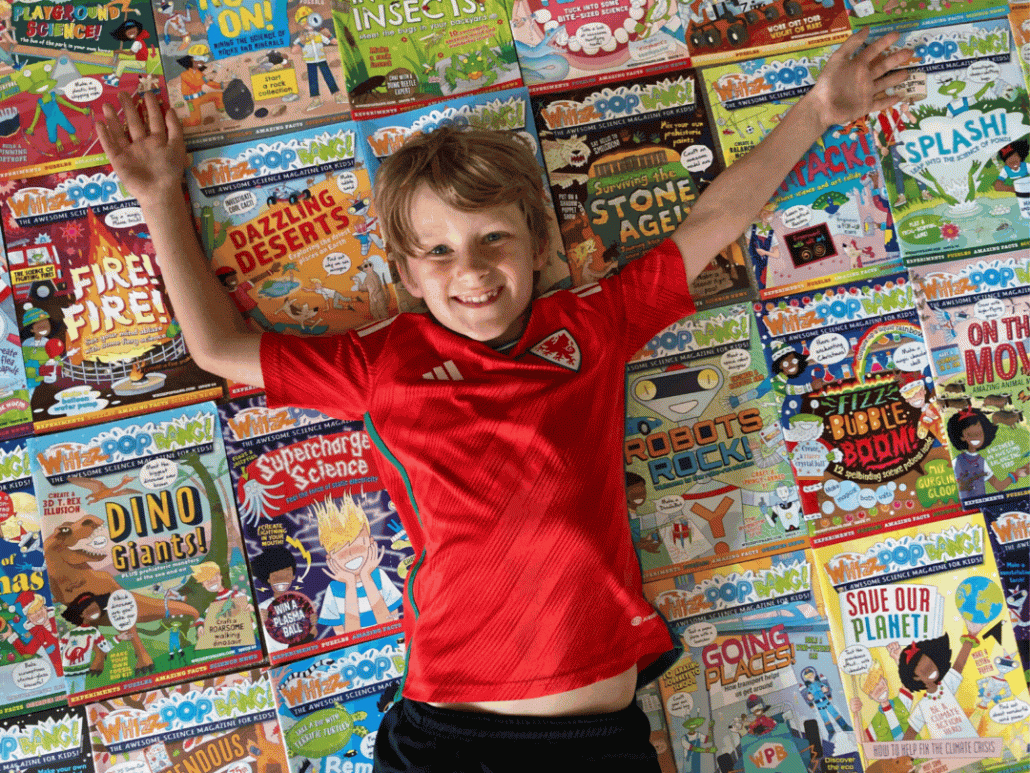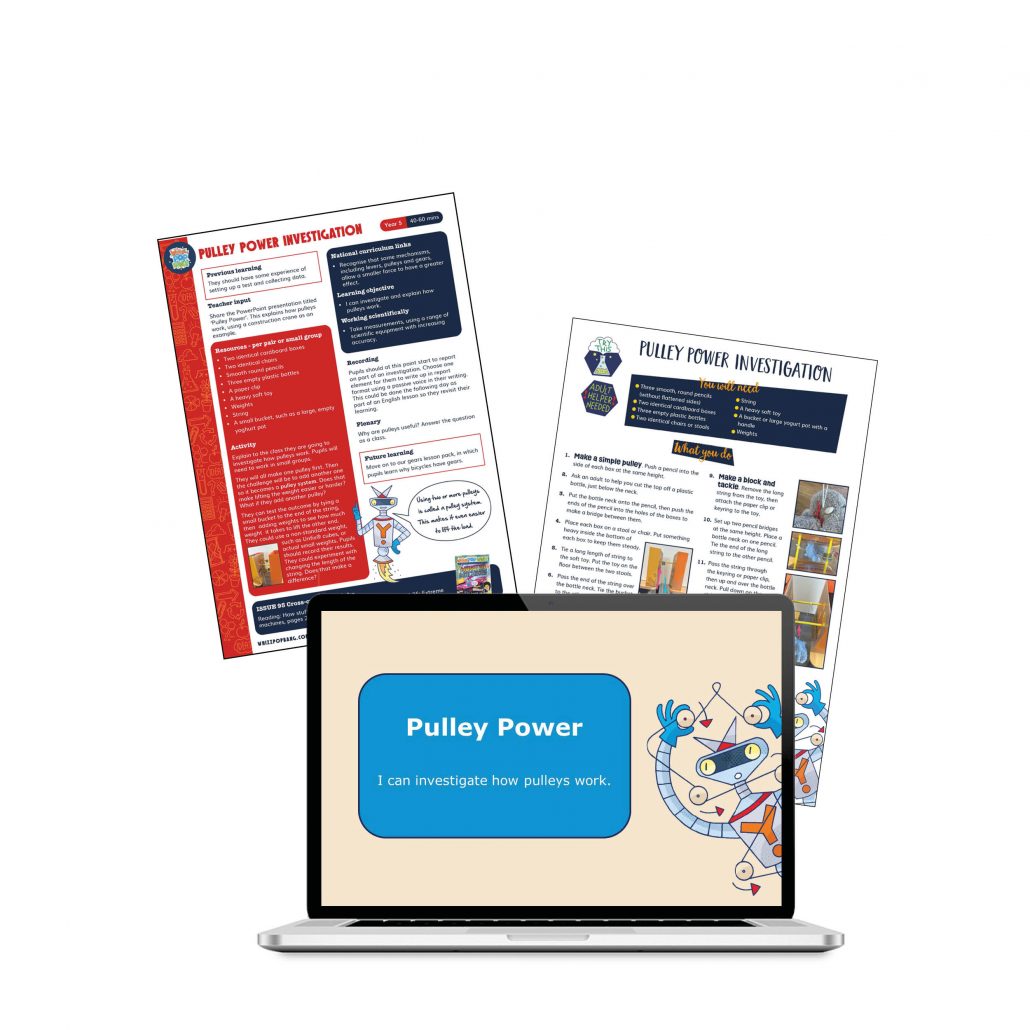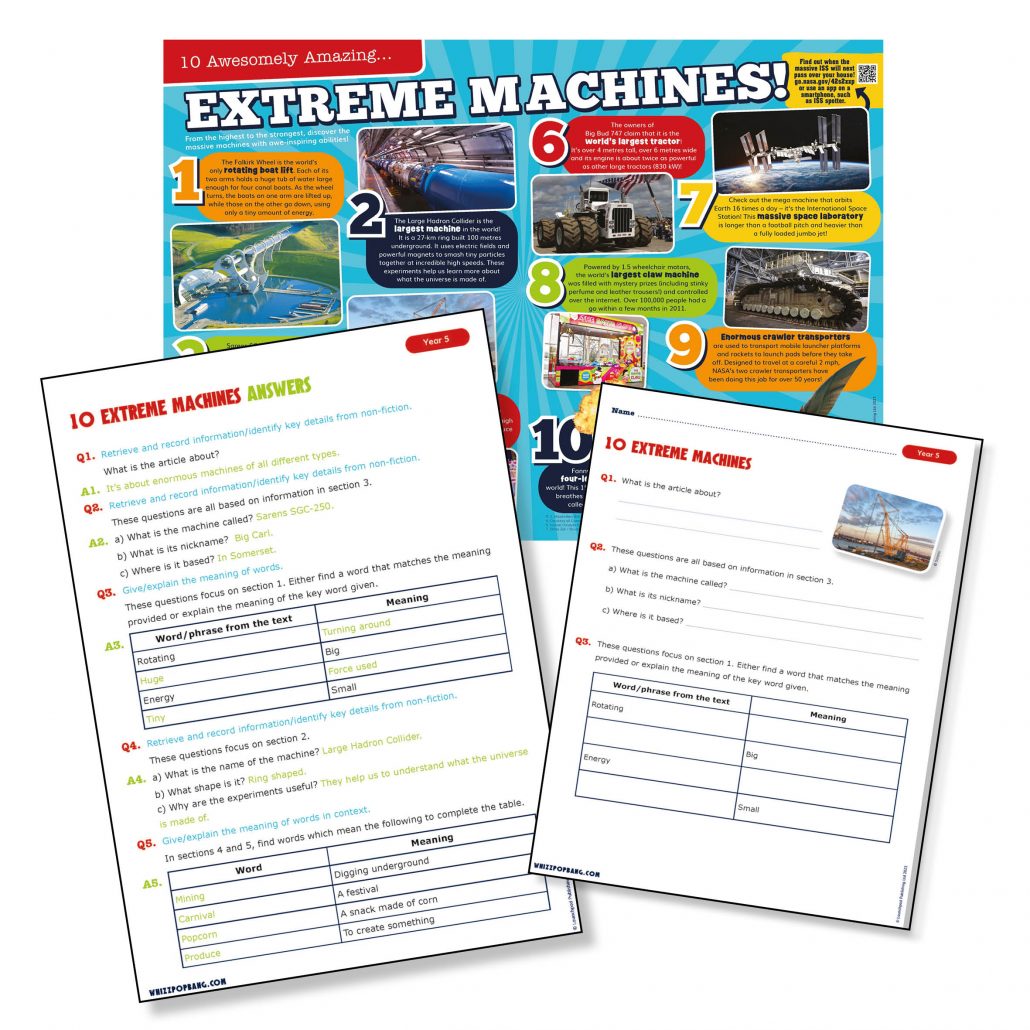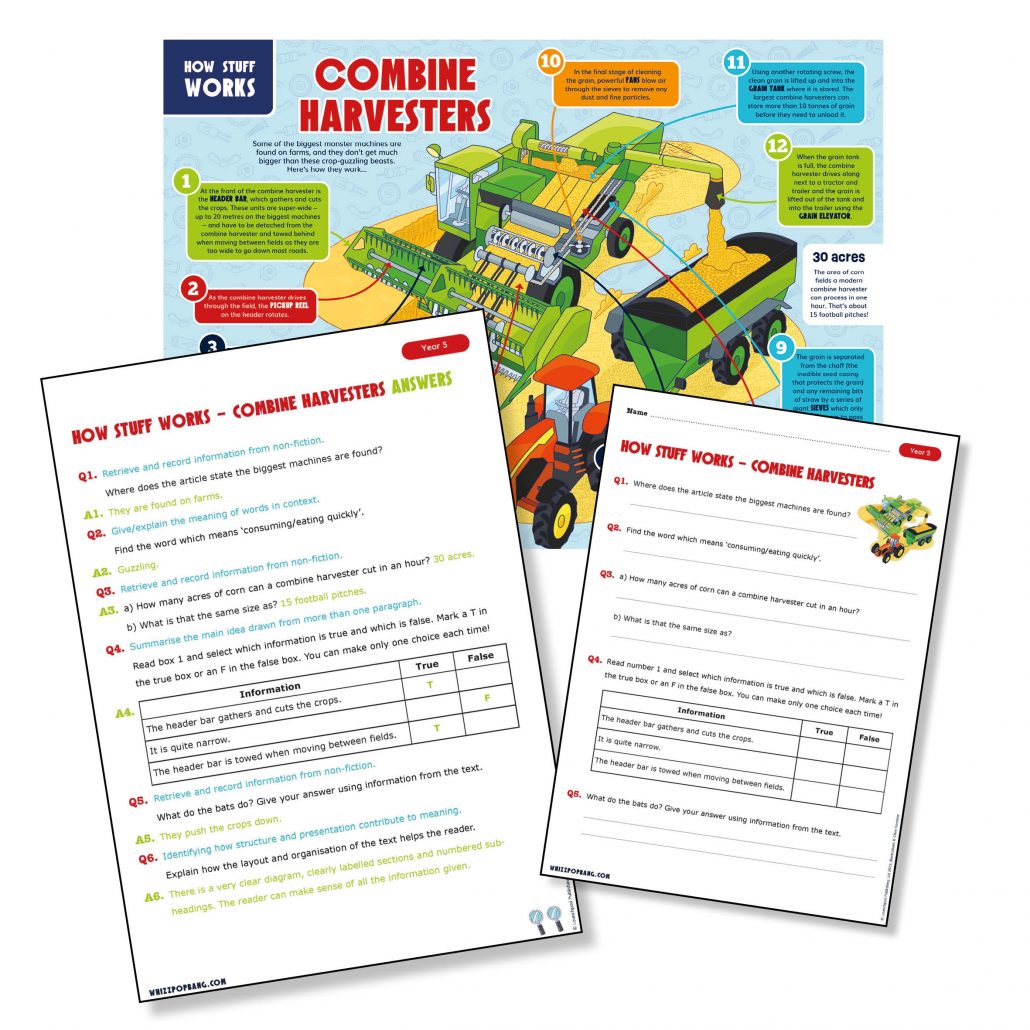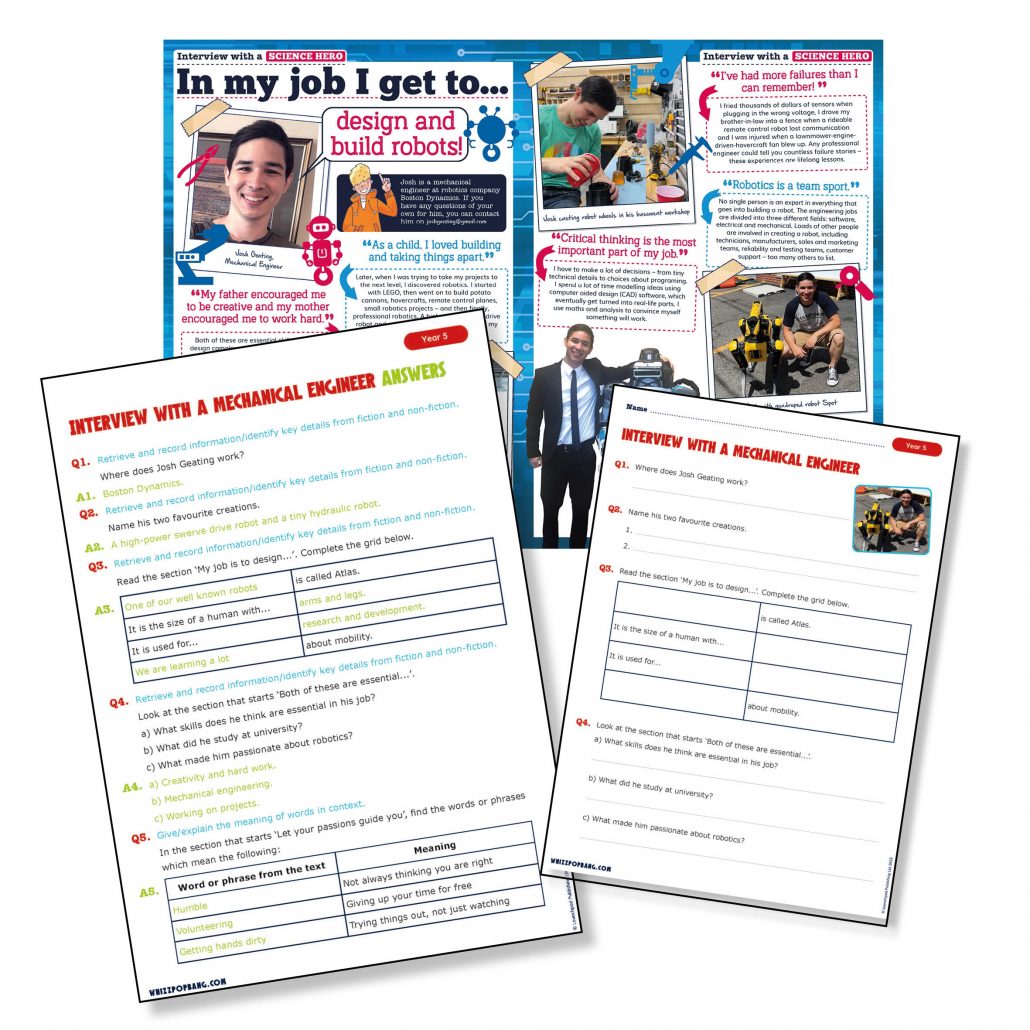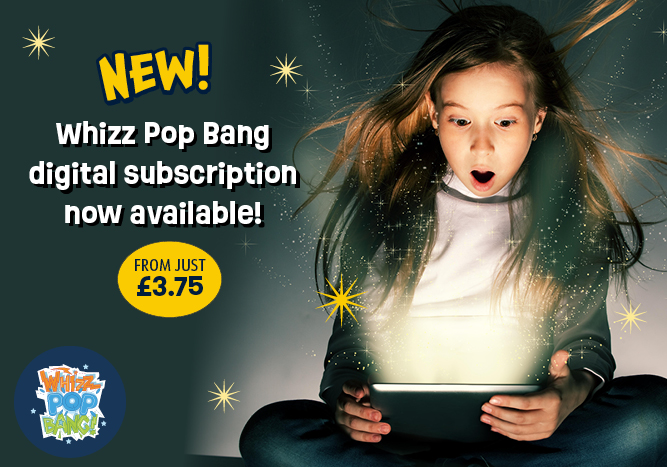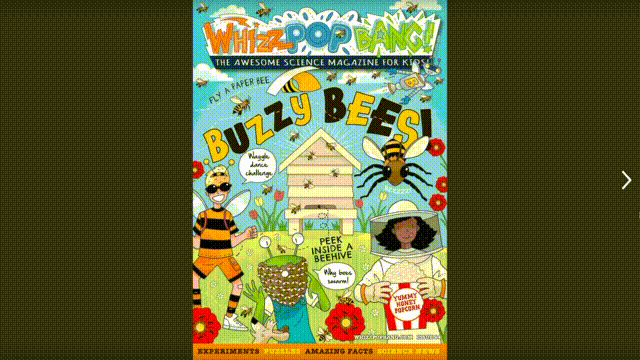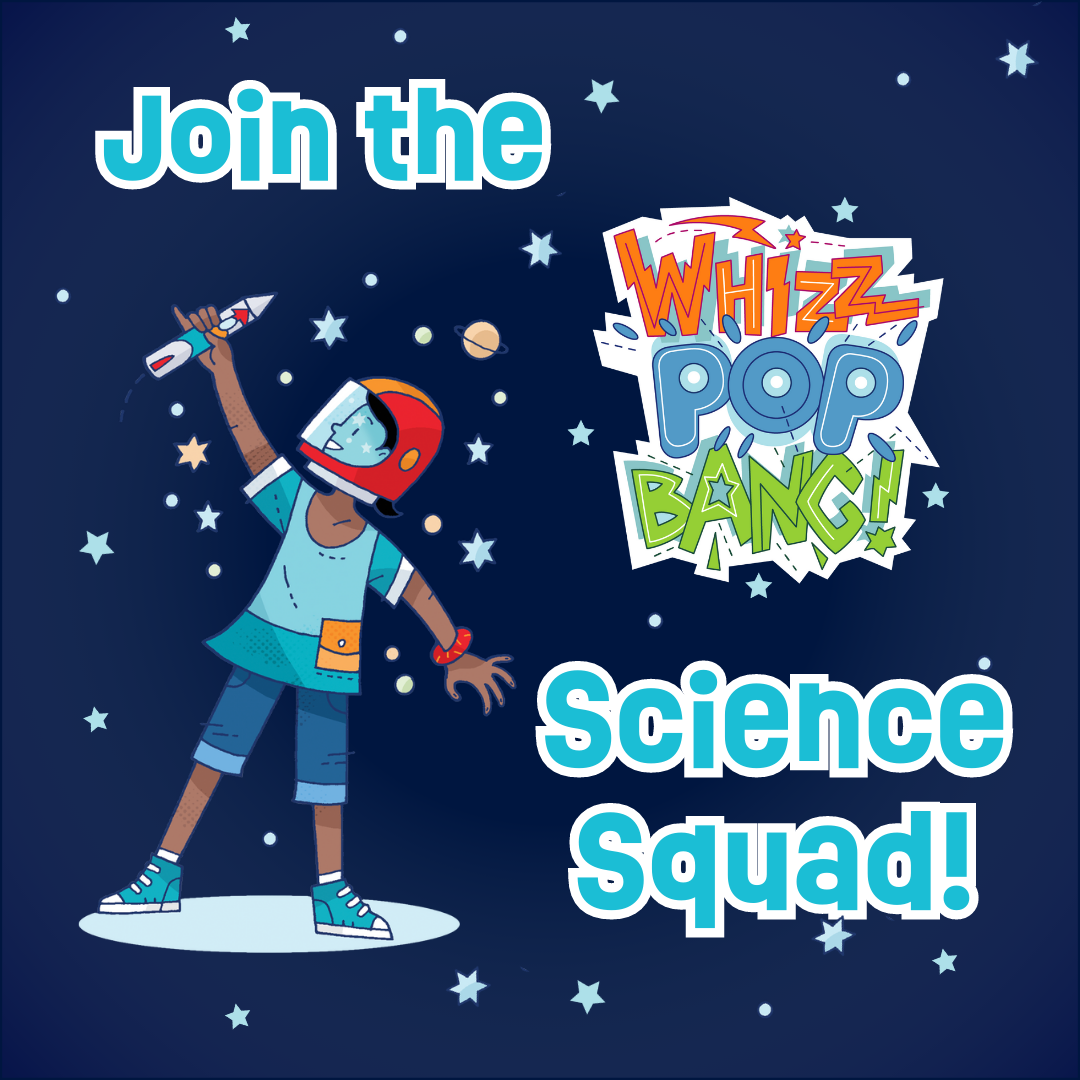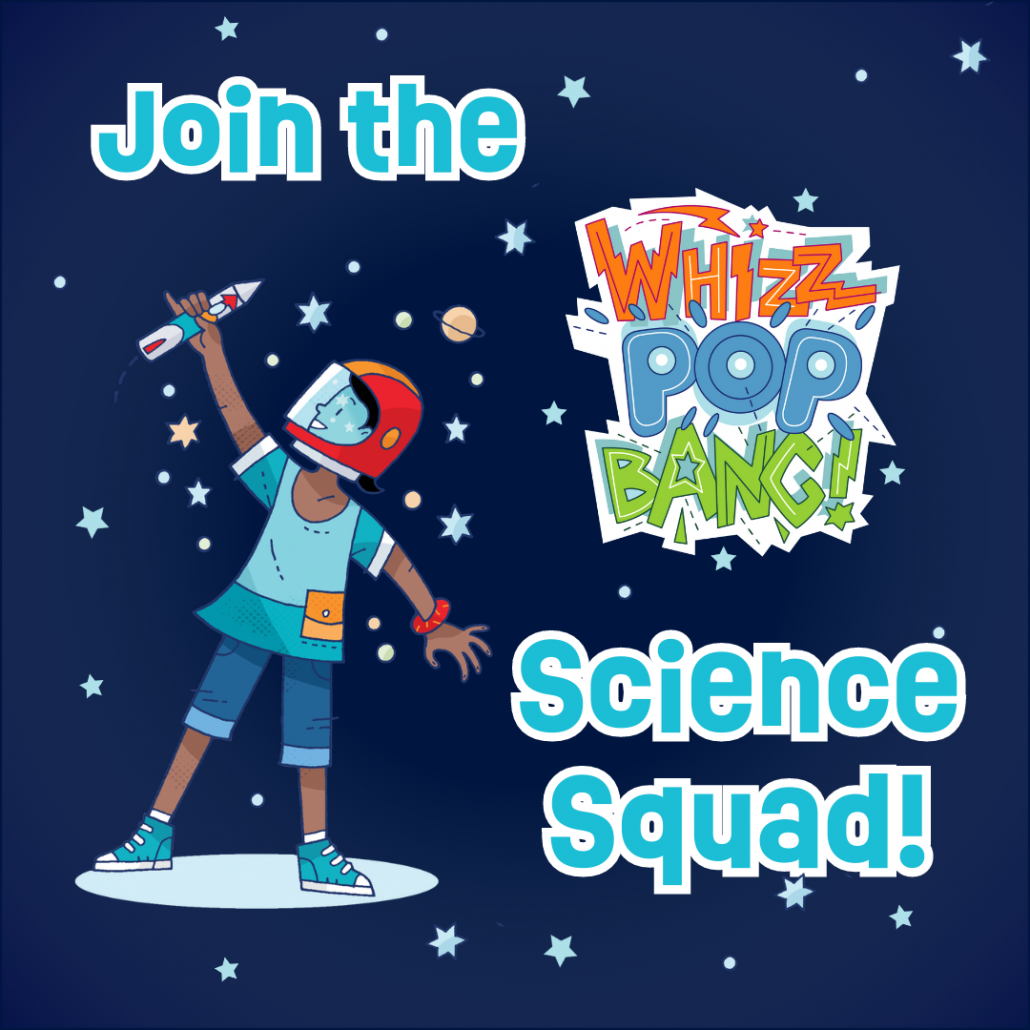Do you or your children have magazine subscriptions that you would like to store neatly? The Whizz Pop Bang magazine binder has been carefully developed to make looking after your precious magazine collection simple!
Our brief was straightforward: to find a way for our readers to make sure that their magazines would stay as good as new for a long time. Lots of binders use metal rings, which means punching holes in treasured editions, and that just didn’t feel right. Instead, our colourful binders use a traditional, non-damaging cord system.
This awesome magazine binder is perfect for storing a whole year’s worth of Whizz Pop Bang magazines. Inside the binder, you’ll find 12 Cordex strings (lengths of super-strong cord). Open your magazine to the middle pages, then slide it under one of the 12 strings. In a couple of minutes, you can slot 12 magazines into the binder in the order of your choice. Once secured, you can flick through your collection with ease – as if it was one giant book!
Storing your Whizz Pop Bang subscription in one of our robust binders is the ideal way to preserve it for many years, allowing readers to refer back to older issues when they suddenly become relevant again as new school topics are introduced and new personal interests are discovered.
Whizz Pop Bang is the award-winning science magazine that brings science to life for girls and boys aged six to twelve (and their parents too)!
Discover how easy it is to enjoy science at home with Whizz Pop Bang magazine. Spark your child’s imagination with lab-loads of hands-on experiments, the latest science news, tantalising puzzles and amazing facts.
Subscribe today to start your child’s adventures in discovery and to inspire the scientists of the future!



